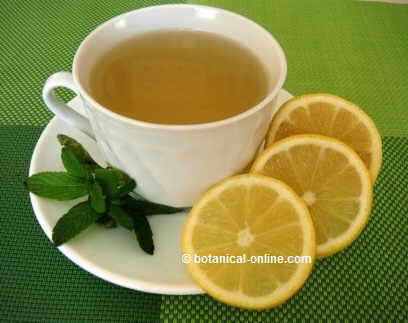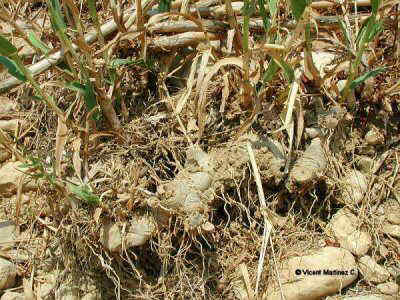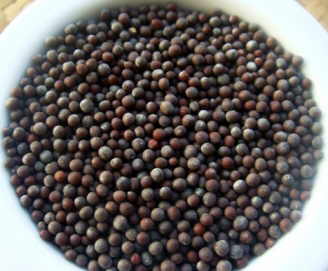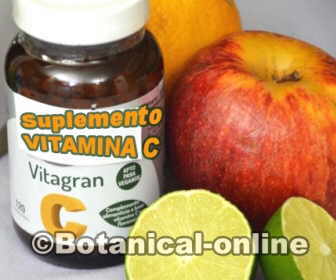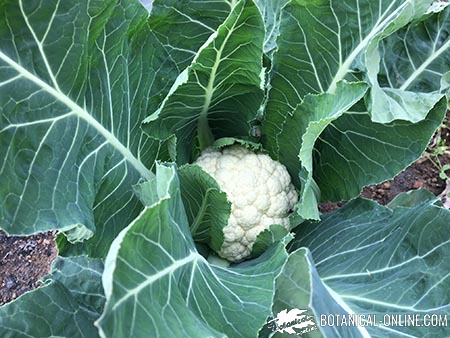Contents
- 1 The importance of food in heart health
- 1.1 Why is food so important in heart health?
- 1.2 Heart Health and Obesity
- 1.3 Saturated fat and heart
- 1.4 Omega 3 fatty acids sources
- 1.5 OMEGA 3 FOR YOUR HEART
- 1.6 OLIVE OIL FOR A HEALTHIER HEART
- 1.7 Soluble fiber for heart diet
- 1.8 Salt and heart health
- 1.9 Vitamins for heart diet
- 1.10 Antioxidant-rich foods and heart attack
- 1.11 Alcohol and heart attack
- 1.12 Stimulants and heart attack
- 1.13 A QUIET LIFE HELPS GET A HEALTHY HEART
- 1.14 Tobacco and heart attack
- 1.15 Sugar and heart health
- 1.16 Mediterranean heart diet
- 1.17 MEDITERRANEAN DIET AND NUTS FOR A HEALTHY HEART
The importance of food in heart health
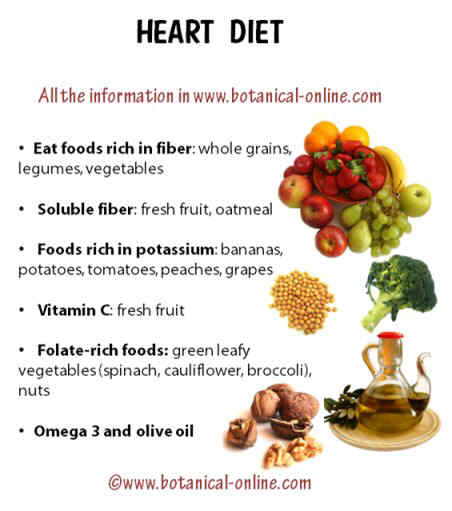
Why is food so important in heart health?
Food plays a fundamental role in controlling heart health by helping to prevent the causes and factors that could predispose to heart diseases.
Heart Health and Obesity
Choose foods that promote body weight reduction: This also implies animal greasy foods. We should also minimize pastry foods rich in refined sugars and animal fats because they increase cholesterol and contribute to weight gain.
Instead it will be better to consume other more satisfying recommend foods, because in addition to providing calories, they give us vitamins, minerals and other components necessary for good health.
Among these we should mention carbohydrates, especially complex carbohydrates, which are obtained from cereals or their derivatives (rice, oats, wheat, bread, pasta, porridge, etc..) And legumes (beans, beans, beans, etc..).
We must not forget the importance of vegetables, with very little calories, and fruits that provide easily assimilated sugars and its high water content which favors its lightness, and all the wealth of vitamins, minerals and phytochemicals much needed to avoid the appearance of numerous diseases.
Saturated fat and heart
A heart diet should minimize food containing saturated fat. We should avoid or reduce consumption of fatty foods of animal origin, rich in saturated fats because they increase levels of low density cholesterol (LDL) and promote obesity.
Fatty meat, butter, whole milk and whole dairy products (cheese, creams, yogurts, curds etc) should be replaced by other protein sources such as legumes and nuts. Eggs contain cholesterol and should be eaten with care (3 maximum each week)
*More information about low fat diets and Low cholesterol diet.
Omega 3 fatty acids sources
If you do not want to completely ignore the flesh, it is best to eat lean meat such as chicken, or resort to fish (sardines, mackerel, salmon, tuna, etc..) This type of food is very rich in omega 3 which reduces the level of “bad” cholesterol (LDL) and increases the level of “good” cholesterol (HDL), so that it thins the blood.
We recommend three meals a week of oily fish for people presenting a type of heart disease.
OMEGA 3 FOR YOUR HEARTOmega-3 is a type of essential fat that must be provided by the diet, that has many benefits for heart health and overall body. Among the benefits of Omega 3, it reduces the risk of cardiovascular disease, it is antithrombotic, blood thinner, anti-inflammatory, and helps to increase the good cholesterol. The most important plant sources of Omega 3 are walnuts, flaxseed or chia seeds among others. *See: Sources of Omega 3 |
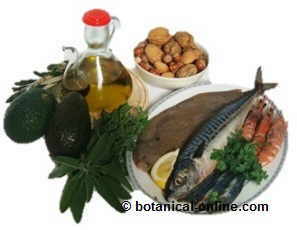
Essential fatty acids sources are nuts, seeds, vegetable oils, oliy fish and avocado
– Vegetable oils first: Vegetable oils, such as olive oil, sunflower or rapeseed oil should replace animal fat in the kitchen. Eggs are high in cholesterol and should be consumed as little as possible.
OLIVE OIL FOR A HEALTHIER HEARTExtra virgin olive oil is the best type of fat that can be consumed for heart health. It contains omega 9 (oleic acid) and phenolic compounds (hydroxytyrosol and oleuropein). In a balanced diet, omega 9 fats have an anti-inflammatory role because they balance omega 3 and omega 6 relation. Phenolic compounds are potent antioxidants, which prevent capillary fragility and deterioration caused by accumulated cholesterol in the arteries (atherosclerosis). |
Soluble fiber for heart diet
Soluble fiber hinders the absorption of cholesterol through the intestinal wall, so that a diet rich in vegetables containing fiber will help reduce and prevent all those diseases related with cholesterol.
Foods rich in soluble fiber are: oats, beans, pears or apples.
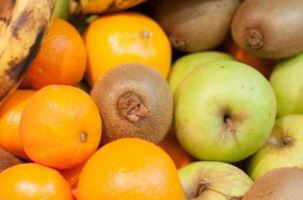
Fruits are rich in soluble fiber and antioxidants
Salt and heart health
Eating too salty foods is not suitable for your heart. Avoid foods high in salt, such as sausages or canned food, whether animal or vegetable, because they are high in sodium.
Eat foods high in potassium and low in sodium: These foods help to remove excess body water, reducing the level of sodium which will help to lower blood pressure, another factor that can trigger angina. Among the foods rich in potassium: potatoes, bananas, tomatoes, peaches or grapes.
Vitamins for heart diet
Some vitamins are very interesting, such as:
– Vitamin C: The intake of vitamin C helps lower blood pressure and prevents the risk of vascular disease. The frequent occurrence of bruising may be due to small capillaries burst.
Citrus fruits (oranges, lemons or grapefruits), peppers or dark green leafy vegetables like cabbage or broccoli are good sources of this vitamin. Other vitamin C sources are: bananas,apples, melons, watermelons, carrots, pineapples, pears, papayas, barley, garlic, berries, celery, peas, strawberries, grapes, figs, beans, chicory, blueberries, potatoes, avocados, soybeans, cherimoyas or pomegranates.
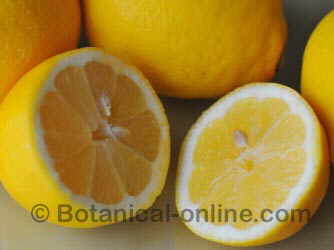
Lemon is rich in vitamin C. It is recommended to squeeze lemon juice into salads, infusions,etc.
– Folate (Vitamin B9): this vitamin is thought to help fight atherosclerosis by reducing homocysteine, a factor which damages the artery walls. Folate facilitates blood flow preventing the appearance of thrombi that are responsible for many heart attacks and other heart problems.
Eating foods rich in folate is a good way to care for hearts health. Folate including foods are in the group of cabbage (cabbage, cauliflower, brussels sprouts) and other vegetables such as beets, spinach, sweet potatoes, asparagus, beans or chickpeas.
(x) In case of arrhythmias or tachycardias we should minimize bananas and potatoes because they are high-glycemic foods (See more information about this subject)
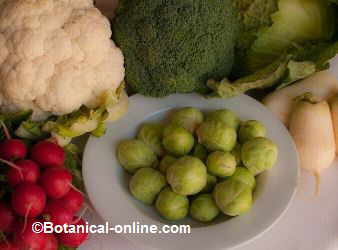
Vegetables are rich in fiber, magnesium, potassium, calcium, folic acid and antioxidants.
Antioxidant-rich foods and heart attack
Antioxidants prevent the negative effects free radicals can exert on the heart and arteries. Foods with antioxidant properties are particularly interesting for preventing heart disease. Fruits and vegetables in general are very rich in antioxidants, but we would like to point out some very interesting ones:
– Peppers, oranges and lemons, because of their content in vitamin C, a powerful antioxidant.
– Carrots and tomatoes, because of lycopene, another antioxidant.
– Asparagus, lettuces, peas, walnuts, wheat germ and sunflower seeds, very rich in Vitamin E, another antioxidant.
– Garlic, onions, apples, cabbages, pears, spinach for their content in the antioxidant flavonoid quercetin
Alcohol and heart attack
It has been proved that a moderate alcohol consumption can improve circulation, but high consumption increases heart rate and blood pressure.
Stimulants and heart attack
Caffeine should be limited to the maximum because it can cause arrhythmias. Therefore, people with heart problems should avoid the consumption of coffee, tea, colas or other beverages that may contain it.
A QUIET LIFE HELPS GET A HEALTHY HEARTStress negatively affects heart health. Avoid situations that cause stress and use relaxation techniques is a good way to take care of this organ. (See how to reduce stress) |
Tobacco and heart attack
Smoking is extremely detrimental to heart health. Nicotine is a vasoconstrictor that decreases the thickness of the arteries and coronary vessels, increases heart rate and blood pressure. Moreover, carbon monoxide prevents proper oxygenation of the cells and alters the lining of the arteries.
Smoking tobacco is responsible for many cases of heart attack or angina pectoris. Heart attacks are more common in smokers. Besides, smoking is a major cause of circulatory system diseases such as arteriosclerosis, hypertension, or heart failure.
Sugar and heart health
Avoid excessive consumption of sugary foods, fruit and fruit juices: A diet rich in sugars is not appropriate for the heart. Excess calories can lead to obesity, as well as promote the development of cholesterol and triglycerides.
Fruit is highly recommended, because in addition to carbohydrates, it contains many vitamins and minerals that are essential for health. However, a too high and continued use of this food group can cause the increase of cholesterol and triglycerides with the risk of cardiovascular disease.
*More information on the problems of excessive consumption of fruit Fructose properties
Mediterranean heart diet
Maybe the Mediterranean diet is the most adequate heart healthy diet. Many studies have been realized about the beneficial effects of this diet, specially related to heart health and cancer prevention.
*More information about Mediterranean diet
MEDITERRANEAN DIET AND NUTS FOR A HEALTHY HEARTOne study showed that consuming olive oil, along with a Mediterranean diet and some daily nuts , reduced by 30% the risk of cardiovascular diseases and accidents. |
![]() More information about heart failure natural treatments.
More information about heart failure natural treatments.

